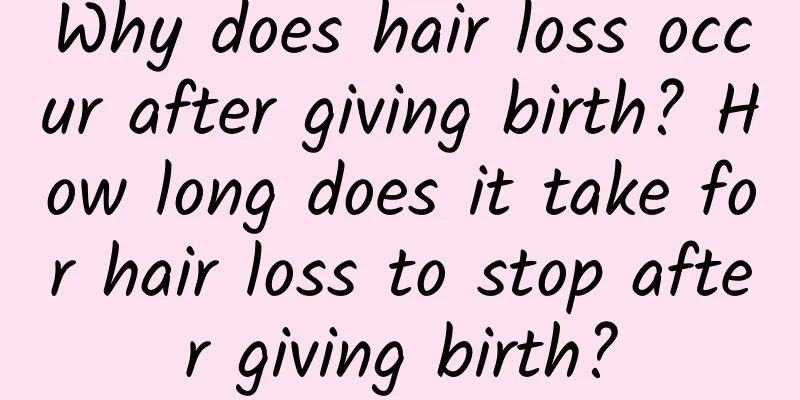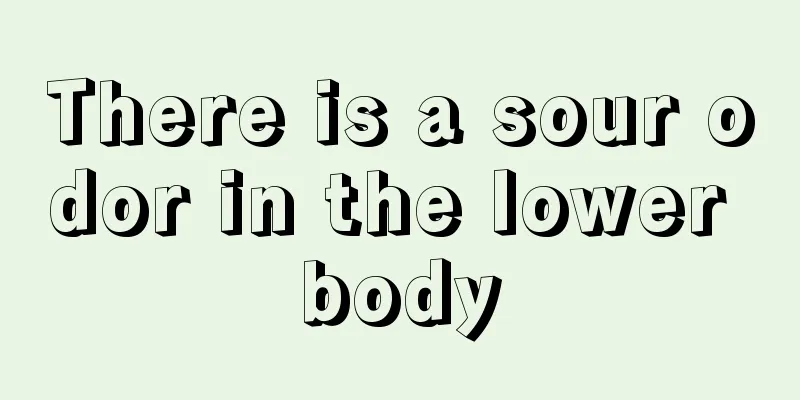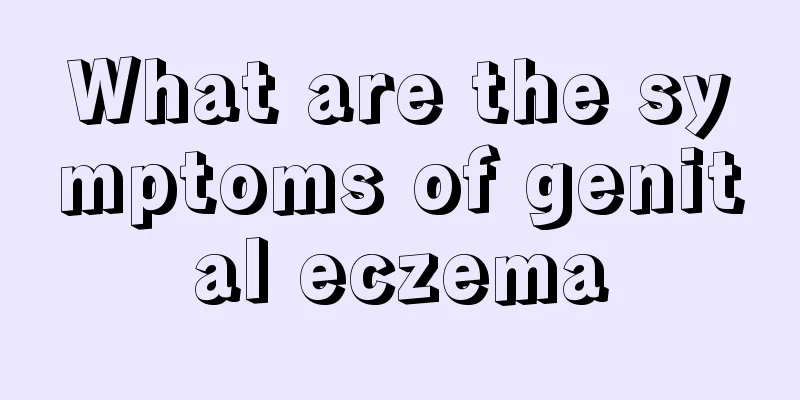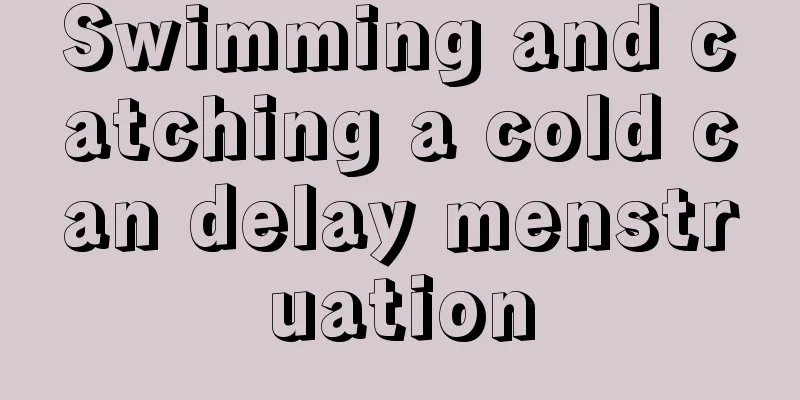Traditional Chinese medicine treatment and conditioning of functional constipation in the elderly
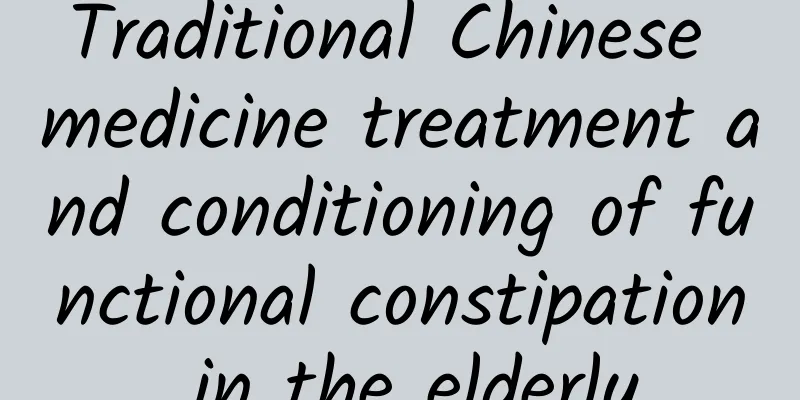
|
What is constipation and what are the causes of constipation. The prevalence of functional constipation in the elderly increases with age. The results of a number of large-scale community-based epidemiological surveys in China show that the prevalence of chronic constipation in the elderly population aged 60 and above is 15% to 20%; in Europe and the United States, the prevalence of chronic constipation in men and women aged 65 and above is 16% and 26% respectively, and in the elderly aged 84 and above, the prevalence of chronic constipation in men and women can be as high as 26% and 34%; the prevalence of elderly hospitalized patients is also as high as 33.5%. Constipation not only seriously affects the quality of life of the elderly, but also can cause many diseases such as cardiovascular and cerebrovascular diseases. Functional constipation is a type of functional bowel disease, which is mainly manifested as difficulty in defecation, reduced bowel movements or a feeling of incomplete defecation. Constipation occurs in the elderly and is related to its specific pathological and physiological factors. The contraction capacity of the diaphragm, abdominal muscles, levator ani muscles and colon wall smooth muscles of the elderly is generally reduced, and with aging, the gastrointestinal mucosa atrophies and secretions decrease, and the feces are easy to dry and defecation is difficult. Anxiety and depression are risk factors in the onset of constipation. Systemic organic diseases and drugs can also cause constipation. Study on TCM symptoms of constipation in the elderly The causes of constipation in the elderly are often related to long-term illness, loss of vital energy, insufficient qi and blood, and imbalance of nourishment, or due to emotional discomfort, food stagnation, qi stagnation, and dysfunction of conduction. There have been many discussions on the etiology and pathogenesis of constipation by doctors in the past dynasties, but few doctors have specifically discussed constipation in the elderly, and most of them are included in the etiology and pathogenesis of constipation. "Suwen Linglan Secret Classic" says: "The large intestine is the organ of transmission, and changes come from it", pointing out that constipation is one of the symptoms of dysfunction of large intestine conduction. "Suwen·Yuji Zhenzang Lun" says: "Insufficient spleen can cause blockage of nine orifices"; Li Dongyuan pointed out in "Lanshi Mizang·Dabian Zaore": "The kidney controls the five liquids. If the body fluids are moist, the bowel movement will be normal. If the hunger and satiety are abnormal, overwork will damage the stomach qi, and if spicy, hot and thick foods are eaten, the fire evil will be lurking in the blood, dissipating the true yin, and the body fluid will be insufficient, so the stool will be dry and hard"; Tang Rongchuan's "Xuezheng Lun" says: "If the lung transfers heat to the large intestine, the stool will be hard, if the lung fluid is not moist, the stool will be hard, and if the lung qi does not descend, the stool will be hard"; "Zhubingyuanhou Lun·Dabianbing Zhuzheng" says: "Constraindications are caused by disharmony between the three burners and the five internal organs, imbalance of cold and hot qi, heat entering the stomach and intestines, and depletion of body fluids, so that the dregs are lumped and blocked"; "Zhengyinmaizhi·Dabianzhongjue" says: "If all qi are stagnant, the qi will be blocked in the large intestine, and the stool will be hard". It can be seen that constipation is caused by abnormal large intestine conduction, and its location is in the large intestine. The onset of the disease is closely related to the dysfunction of the spleen, stomach, lung, liver, kidney and other internal organs. The most common syndromes are Yin deficiency syndrome, Qi deficiency syndrome, heat accumulation syndrome, liver depression syndrome and blood stasis syndrome. Traditional Chinese Medicine Treatment of Functional Constipation in the Elderly Treatment based on syndrome differentiation is the characteristic and advantage of traditional Chinese medicine. Traditional syndrome differentiation and treatment is based on deficiency and excess, and is divided into heat accumulation constipation, cold accumulation constipation, qi stagnation constipation, blood deficiency constipation, yin deficiency constipation, and yang deficiency constipation for treatment. However, there is no unified conclusion on the syndrome differentiation and treatment of functional constipation in the elderly, and there are many internal and external treatment methods. This consensus is based on the clinical pathway and diagnosis and treatment plan for functional constipation in the elderly issued by the Medical Administration Department of the State Administration of Traditional Chinese Medicine, citing relevant literature, and combining the clinical characteristics of geriatric diseases. 1. Oral administration of Chinese medicine : (1) Insufficient middle qi: Although there is a desire to defecate, defecation is difficult, sweating and shortness of breath, fatigue after defecation, fatigue and laziness, pale tongue with white fur, and weak pulse. Treatment: tonify the middle jiao, raise the clear and lower the turbid. Prescription: Buzhong Yiqi Decoction with modifications, raw white atractylodes, raw astragalus, hemp seed, tangerine peel, angelica, bitter orange, radish seed, cimicifuga, etc. Chinese patent medicine: Qirong Runchang Oral Liquid, etc. (2) Spleen and Kidney Yang Deficiency: Difficulty in defecation, cold pain in the abdomen, cold limbs, clear and long urine, pale tongue with white fur, and weak pulse. Treatment: Warming and tonifying the spleen and kidney. Prescription: Add or subtract Jichuan decoction, with Chinese angelica, Achyranthes bidentata, Cistanche deserticola, Orientia, Cimicifuga heracleifolia, Citrus aurantium, etc. Chinese patent medicine: Biantong capsule, etc. (3) Yin deficiency and dry intestines: dry stool, thirst, dry skin, red tongue with dry fur, weak pulse. Treatment: nourishing Yin and moistening the intestines. Prescription: Zengye Decoction combined with Runchang Pills with modifications, including Radix Rehmanniae, Scrophulariae, Radix Ophiopogonis, Fructus Hemp, Semen Pruni, Radix Angelicae Sinensis, Fructus Aurantii Immaturus, etc. Chinese patent medicine: nourishing Yin and moistening the intestines oral liquid, Fructus Hemp Soft Capsules, etc. (4) Liver depression turns into fire: dry and hard stool, dizziness and toothache, red and swollen eyes, bitter taste in the mouth and tinnitus, distending pain in the ribs, red tongue edges, yellow and dry fur, and stringy and rapid pulse. Treatment: clear the liver and purge fire. Prescription: You can add or subtract Xiaoyao Pills, and use moutan bark, gardenia, white peony root, bupleurum, angelica, scutellaria, etc. Chinese patent medicine: Danggui Longhui capsule, etc. (5) Single-ingredient prescription: ① 30 g of Cassia seed, decocted in water and taken twice. It is suitable for chronic heat-induced constipation. ② Senna leaf or Sodium sulfate, taken orally, 3 to 6 g each time, soaked in boiling water and taken orally. It is mostly suitable for constipation caused by excess syndrome. (6) In addition, digestive and relieving drugs, prokinetic Chinese medicines, and the treatment experience of famous traditional Chinese medicine practitioners are also very worthy of reference. However, due to the lack of sufficient clinical research evidence, they need to be further supplemented and improved. 2. Chinese medicine for external use : (1) Enema therapy: Raw Atractylodes macrocephala, peach kernel, Cistanche deserticola, etc. are made into a decoction of 150-200 ml, which is heated to 40°C for enema. The liquid is retained in the intestine for about 20 minutes before the stool is discharged. Depending on the condition, the enema can be repeated after 3-4 hours, no more than 2 times a day, and continuous use for no more than 3 days. If obvious diarrhea or other serious adverse reactions occur after the use of this treatment, it should be discontinued immediately. (2) Application therapy: Make a paste of the Chinese medicine prescription and apply it to the Shenque acupoint, apply sterile gauze on the outside, and fix it with adhesive tape. Some scholars apply rhubarb to the navel to treat sexual function constipation in the elderly, and the effect is definite. 3. Acupuncture treatment : The main acupoints are Dachangshu, Tianshu, Pishu, Sanyinjiao, etc.; for auxiliary acupoints, add Zusanli for fatigue and Daheng for abdominal distension. During acupuncture, the treatment area is routinely disinfected, and the filiform needle is used for straight or oblique puncture. The method of tonification is performed. After the qi is obtained, the needle is retained for 20 minutes. The needle is moved once during the retention period. The treatment is once a day. Moxibustion can be added for those with insufficient yang qi, and moxibustion can be added to Shenque and Qihai on the basis of acupuncture. 4. Diet adjustment : Reasonable diet, on the basis of respecting the dietary structure of the elderly, advocates eating more crude fiber foods that promote intestinal peristalsis, such as black bread, oatmeal, spinach, celery, radish, day lily, mushrooms, fungus, kelp, etc. At the same time, encourage drinking as much water as possible during the day, be cautious or avoid using stimulating foods such as strong alcohol, strong tea, coffee, leeks, garlic, peppers, and insist on eating at regular times and quantitative quantities. In addition, it is necessary to combine the different physical constitutions of the elderly and treat the diet according to the body. For example, for yin deficiency, drink 250 ml of milk or honey water in the morning and evening; for yang deficiency, slice 100 g of mutton, add 500 ml of water, cook it until it is soft, add 50 g of polished rice, and take it warm on an empty stomach every morning and evening. 5. Sports massage : Every morning, you can take a walk outdoors or walk slowly indoors for 20 to 30 minutes; exercise the respiratory muscles and pelvic floor muscles, and perform abdominal breathing exercises when lying or sitting every day, that is, inflate the abdomen and relax the anus and perineum when inhaling, and contract the abdomen and tighten the anus and perineum when exhaling. Pause for a moment after exhaling and then breathe again, and repeat this 6 to 8 times; perform abdominal massage: assist the patient to take a supine or semi-recumbent position, ask the patient to relax naturally, and use the thenar and hypothenar muscles of the hand to massage in a clockwise direction within 10 cm around the patient's navel. The fingers should mainly apply force by light pushing and kneading, with a relatively slow force speed, 10 to 15 minutes/time, once in the morning and evening every day; foot massage: use hot water (39℃~42℃) for foot bath every night before going to bed, and soak the feet for 30 minutes in combination with foot massage. Instruct the patient to use the thumb to massage the colon reflex area in the middle and lower part of the sole to stimulate intestinal peristalsis. In addition, emotions are easily overlooked. Keep a good mood, face life optimistically and positively. Nothing is outside the mind. Consciousness determines the material world, and the state of mind determines a person's state. Therefore, a healthy state of mind is the best medicine. |
<<: What should I do if I have missing teeth or no teeth? How should I choose a dental implant?
Recommend
Does donkey hide gelatin contain estrogen?
After women turn 25, the estrogen in their bodies...
Female right ribs pain
Some people may experience dull pain under the ri...
Why is my period blood black?
Some women occasionally find that the color of th...
What to do if the fetal heart rate is weak at 6 weeks of pregnancy
Fetal heart rate refers to the heartbeat of the f...
Is it dangerous to have the umbilical cord around the neck for two weeks?
It is actually quite common for pregnant women to...
What should I say to my child before the high school entrance exam? Reasons for the decline in grades before the high school entrance exam
Nowadays, people pay more and more attention to t...
How to check pregnancy with pregnancy test stick
Sometimes it is inconvenient for us to go to the ...
What does uterine villi mean?
Abortion is currently a very common surgical trea...
Pulmonary rehabilitation exercise program: a tailored path to recovery
Breathing, the basic rhythm of life Breathing is ...
Down syndrome screening for chromosomal abnormalities
If Down syndrome screening detects chromosomal ab...
How many days after ovulation does the fertilized egg implant?
For a woman to become pregnant successfully, the ...
Every time I make love, it hurts down there
Sex life is something that mature men and women w...
How to make menstrual blood discharge smoothly?
Women have to pay a lot of attention during the m...
Why do women always fart?
Everyone farts in daily life. It is not appropria...
